Wix vs WordPress: There’s a clear winner (depending on project complexity)
In our Wix vs WordPress comparison, we look closely at these two providers to help you decide which is better suited to your needs.
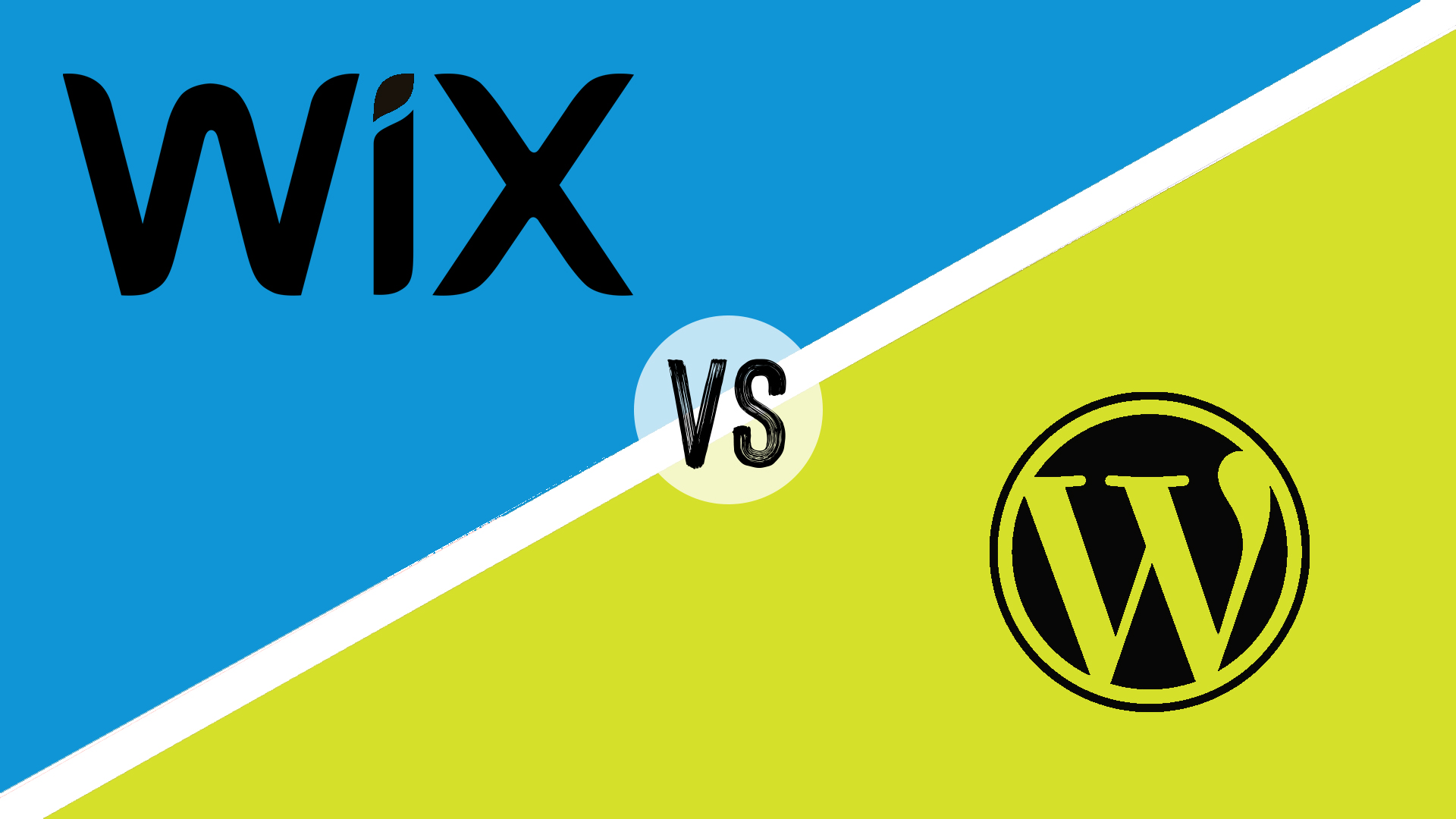
Today, choosing the right web builder to display your creative output is essential in selling your brand. And Wix and WordPress continue to lead the pack on website design, with features aimed at designers, digital artists, animators, and other creative professionals. That's why I'm going to take you through all the main features of both, and try and help you decide which platform is best for your specific needs.
Let's get one thing straight – I think that Wix is the best website builder for small businesses who need easy-to-use yet powerful design tools. Its WYSIWYG editor and AI design assistant already made it extremely user-friendly. But the 2025 release includes an improved AI Theme Assistant that can better accommodate user preference and brand aesthetic. Wix also offers robust ecommerce functionality that can support up to 50,000 products, ideal for digital artists who need to sell artwork online. The AI Business Launcher released in January 2025 also assists business owners in developing complete business concepts from scratch.
Originally just a free blogging platform, WordPress has evolved so much in 2025 with its AI-powered designs. Full-Site Editing now allows for complete customisation of headers, menus, footers, and templates within the Gutenberg block editor without any coding — a dream for creative professionals who need tight control. The site has an enormous range of themes and plugins that offer incredible flexibility, plus its hybrid architecture accommodates both traditional and headless content management, with separate frontend and backend platforms. WordPress exists in two forms—WordPress.org (self-hosted CMS that requires greater technical proficiency) and WordPress.com (hosted version of the site using the same CMS).
Wix: Best website builder from $8.50 per month
It's quick, easy and cheap to build a website with Wix, making it our pick as best website builder overall. Choose from 800+ templates, add your content, and you'll have your site up and running. There's even a free plan.
Wordpress: Endless flexibility at $4.00 per month
WordPress.com is the premium version of the open-source CMS we all know and love. It comes with numerous integrations, unparalleled flexibility, and AI-powered design suggestions.
Interface & features

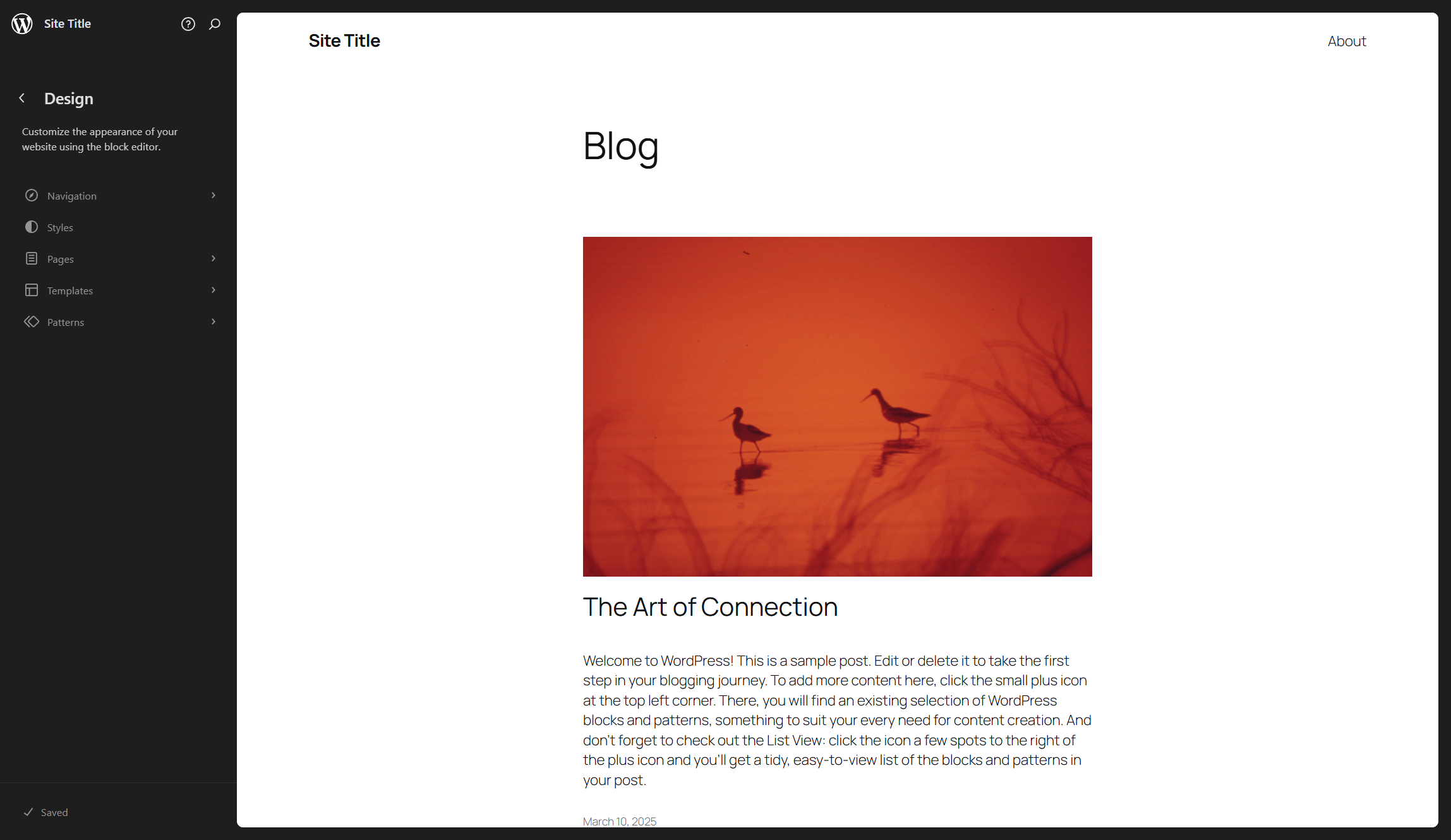
Wix has an easy drag-and-drop interface that needs little technical knowledge to use. I can place elements freely on the canvas, with features like code-free animations, hover effects, loop motions, and mouse parallax to enhance sites without any coding. With its new AI, Wix adapts its designs to user preferences and brand identity. Plus the Editor X platform offers advanced options for UX designers, including a grid system for creating dynamic and responsive designs that fit all screen sizes.
The Studio Editor enhances creativity with real-time collaboration. Multiple team members can work on projects at the same time, which is great for agencies. Wix's AI Business Launcher helps entrepreneurs create complete business ideas from start to finish. And its strong ecommerce features support up to 50,000 products, perfect for digital artists wanting to sell online. Overall, these features let you focus only on design, without worrying about the technical details.
WordPress takes a different approach with its powerful content management system. In 2025, AI design features help analyse content, audience, and branding to suggest the best layouts. The Full-Site Editing feature allows for full customisation of headers, menus, footers, and templates in the Gutenberg editor without coding. This gives me precise control over my online presence.
WordPress has a wide range of themes and plugins, offering great flexibility. Tools like Elementor, Divi Builder, and WPBakery Page Builder help create professional websites with very little heavy-lifting. WordPress also supports both traditional and headless methods, adapting to complex project needs. For those who want speed and performance, there are plugins that focus on lightweight design while keeping creative options open.
Get the Creative Bloq Newsletter
Daily design news, reviews, how-tos and more, as picked by the editors.
Verdict: Both platforms have strong features for creatives but serve different needs. Wix provides an easy visual experience, with powerful tools that let creatives design without technical barriers. WordPress has a steeper learning curve, but offers more customisation and scalability through its vast ecosystem. The choice comes down to whether you prefer quick visual creation with fewer technical hurdles (Wix) or more long-term flexibility and control (WordPress).
Performance
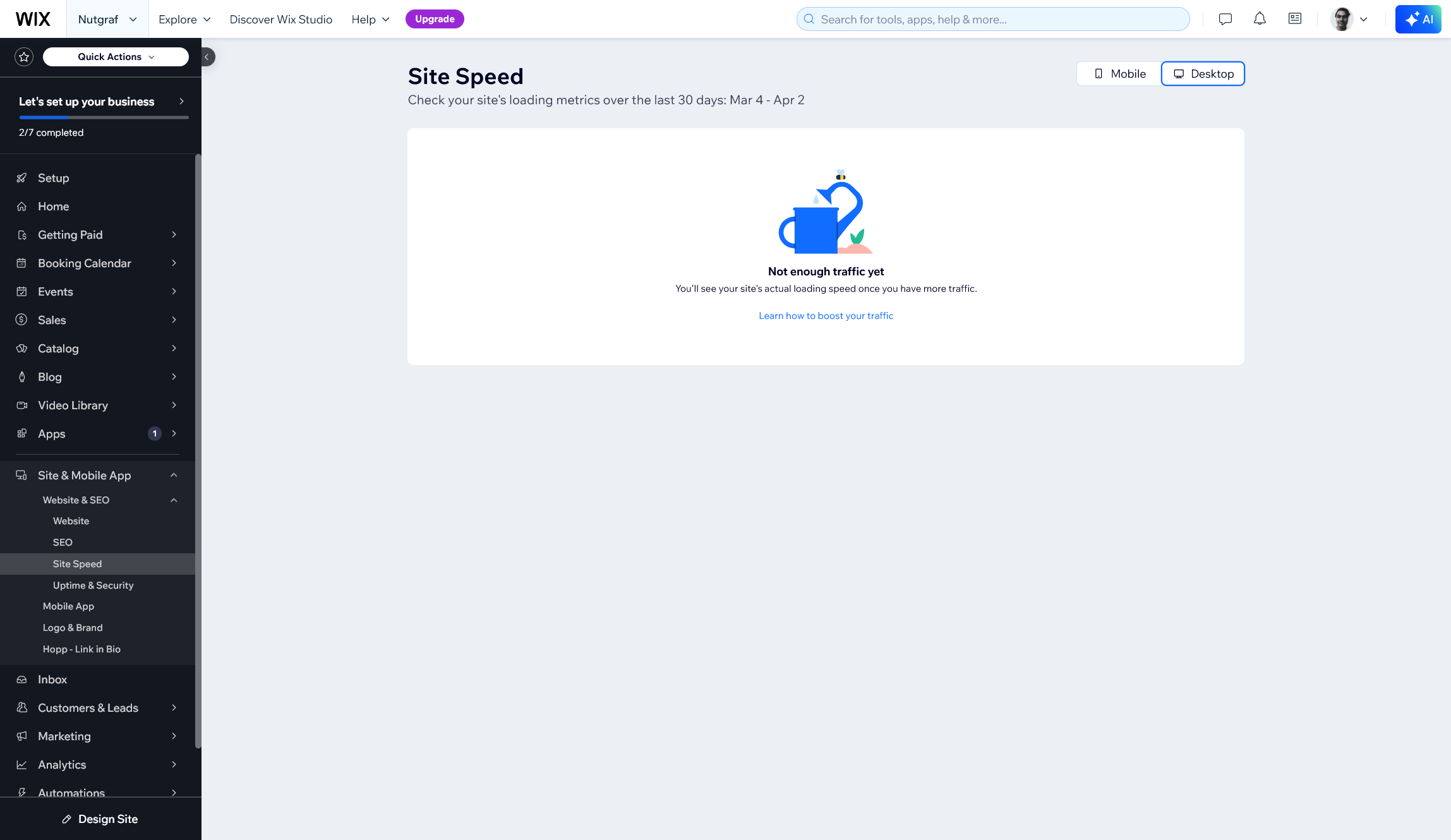
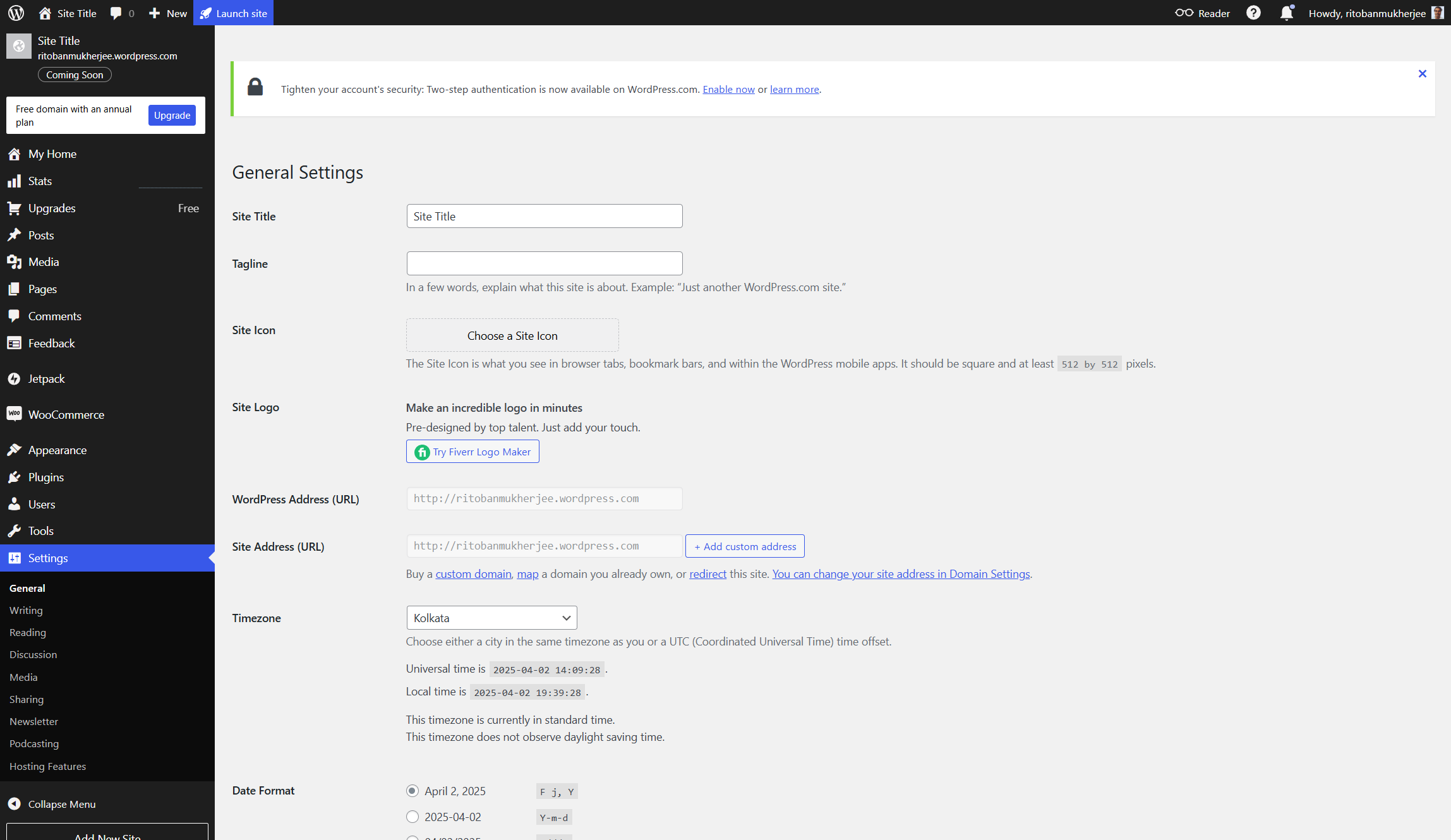
Wix offers strong performance metrics for creative professionals who need reliability. With a guaranteed 99.99% uptime (and tests showing 100% uptime), Wix keeps your portfolio or business accessible 24/7. Its reliability comes from 11 data centers spread across four continents and over 200 CDN nodes. Your site loads quickly, no matter where visitors are. Performance tests show Wix sites get solid GTMetrix grades (B/81%), ensuring speed for image-heavy portfolios.
WordPress performance varies by hosting and optimisation. When set up right, it too can deliver great speed and reliability. WordPress benefits from techniques like caching, compressing images to AVIF/WebP formats, using CDNs, and reducing external scripts. These are vital for creative professionals with high-resolution images and videos. The platform also features HTTP/3 (cutting latency by up to 30%), edge computing, and AI optimisations like predictive caching.
Verdict: When comparing the two platforms, Wix offers a more controlled environment with reliable performance from the start. This makes it appealing for creatives who want ease without technical hassles. WordPress can provide better performance through optimisation, with greater control over performance aspects.
SEO and ecommerce
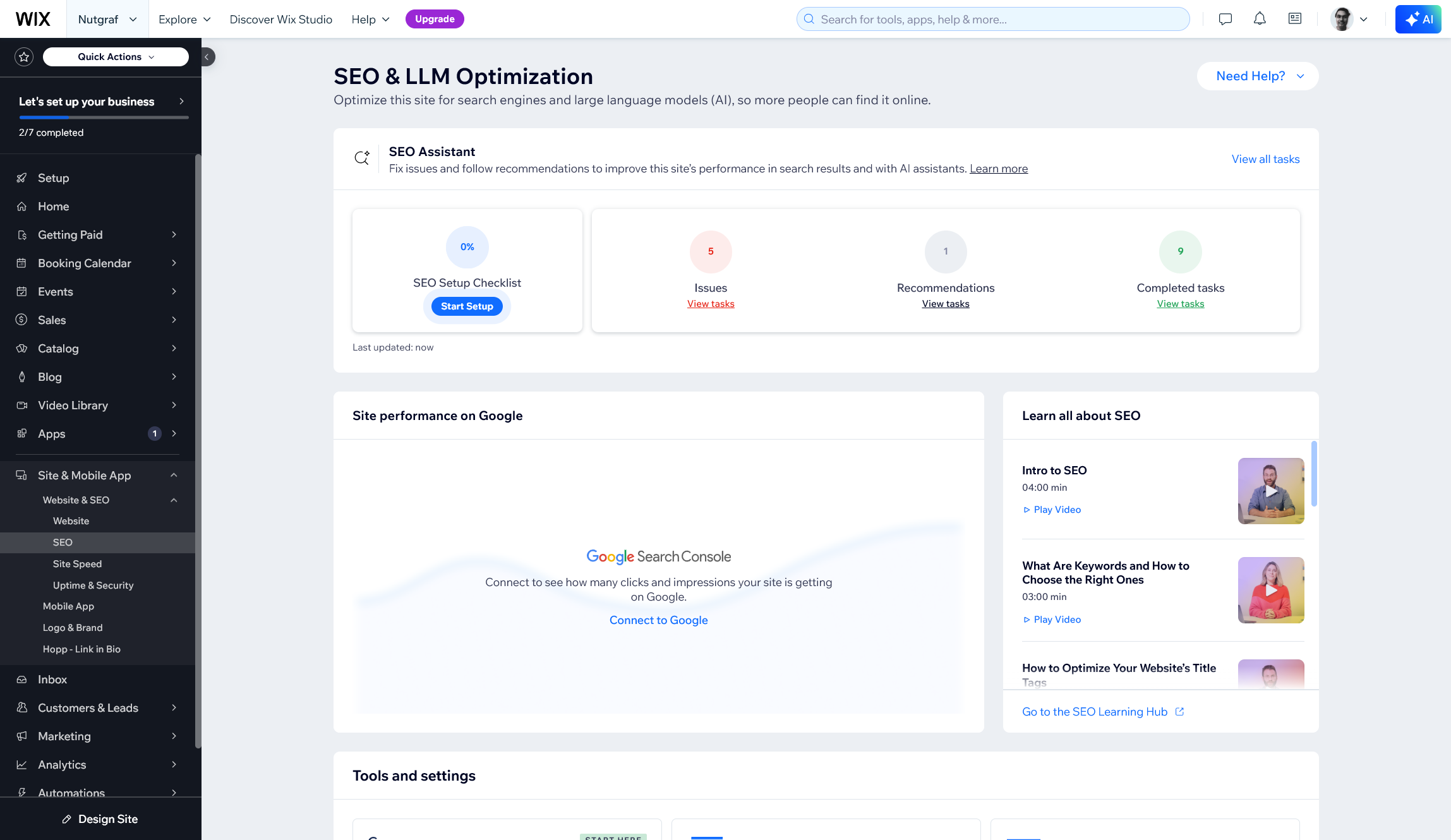
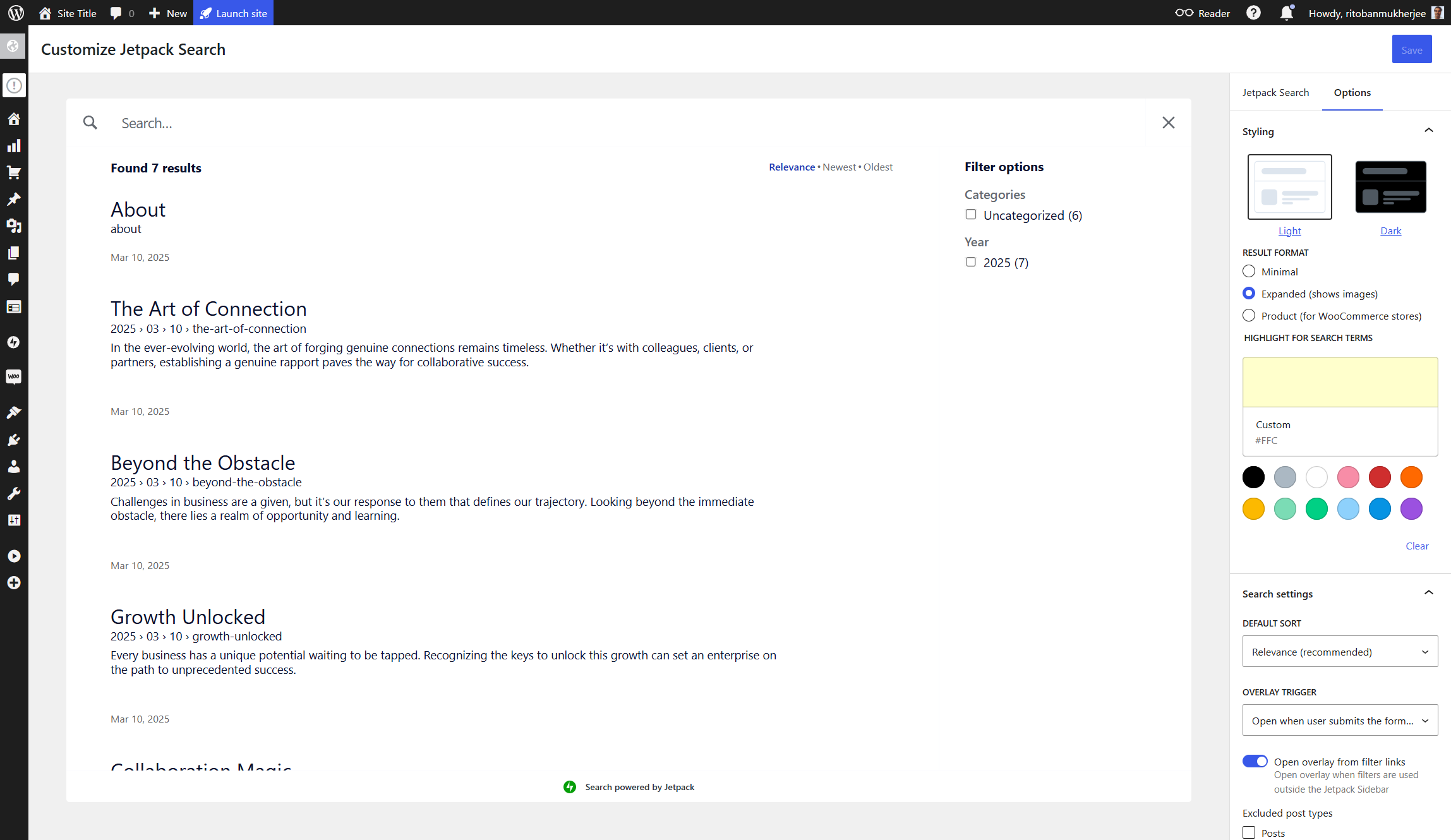
Wix has greatly improved its SEO tools, moving past its old reputation. The platform now features an SEO Wiz tool that gives beginners tailored checklists. It also includes on-page SEO features like customisable meta titles, descriptions, headings, and URLs. For creative businesses, I like that Wix offers specific ecommerce SEO settings, structured data for products, and integrations with Google Merchant Center. These tools are vital for selling art online.
Wix's ecommerce capabilities are strong and support up to 50,000 products. It has features tailor-made for creative professionals. Product-specific SEO settings help your work show up in relevant searches. Site Booster lists your business in local directories and on major search engines. For creative entrepreneurs without much technical know-how, Wix is an easy entry point to search engine marketing and online commerce.
WordPress provides richer SEO options through plugins like Yoast SEO, Rank Math, and All in One SEO. While experimenting with them, I found that these tools serve advanced use cases like content analysis, keyword optimisation, and technical SEO. They can further improve search rankings for creative websites. WordPress's flexibility enables complex strategies, such as structured data markup for rich snippets and optimising for mobile-first indexing, but with a steeper learning curve.
For ecommerce, WordPress, especially with WooCommerce, offers unmatched flexibility for selling digital or physical products. It supports advanced ecommerce SEO with features like product-specific customisation and custom taxonomies. WordPress allows creative professionals to adopt the latest SEO trends, but it takes longer to set up and maintain.
Verdict: When it comes to SEO and ecommerce capabilities, WordPress offers more depth and customisation. Wix is more user-friendly and streamlined. Creative professionals should consider their specific needs - the choice depends on your business size, comfort with technology, and the importance of ecommerce to your work.
Customer support

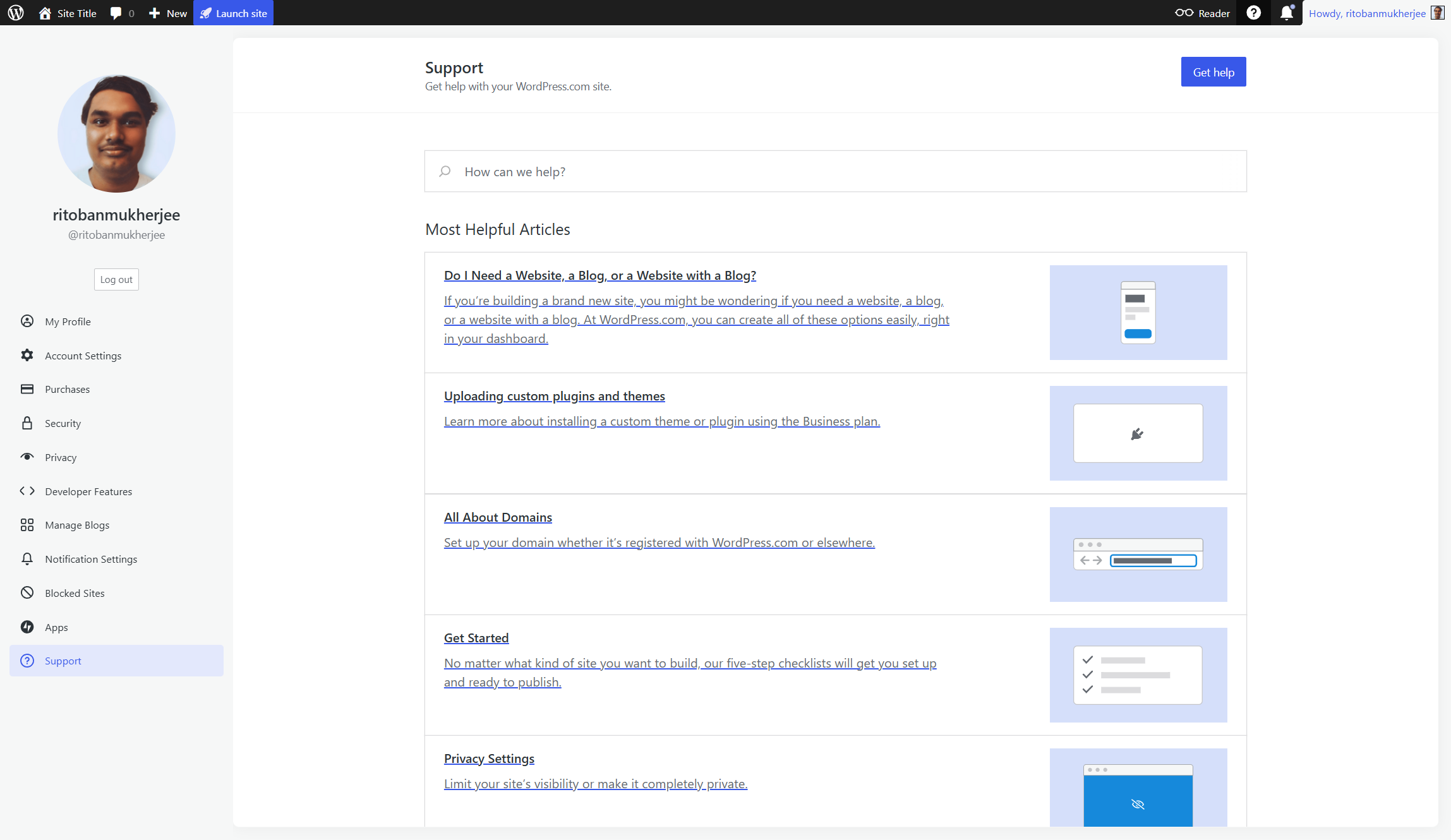
Wix offers round-the-clock customer support through various channels. This makes it easy for me to get help quickly. My main options are live chat, callback requests for premium users, and a detailed knowledge base with self-service resources. Support is available in several languages, with English support available 24/7. Premium users can get phone callback support for complex issues like billing disputes or account verification. Wix also has a Community Forum for peer-to-peer support and limited help via social media, although response times may vary.
WordPress support differs between its two versions. WordPress.com offers a more managed experience, providing support through forums and email. Higher-tier plans get priority support. They also have extensive documentation and tutorials, along with "Happiness Engineers" available 24/7 for subscribers. On the other hand, WordPress.org (self-hosted) relies on community support through forums, where users ask questions and help each other. Self-hosted WordPress users manage their own websites and troubleshoot issues. But they can reach out to theme developers, plugin creators, and hosting companies for help. WordPress.org users often need to be more self-sufficient, using resources like official forums, specialised blogs, or the WordPress Codex.
Verdict: When comparing customer support, Wix stands out with more direct and accessible options for creative professionals who may lack technical skills. WordPress.com offers decent support on paid plans, while WordPress.org requires more self-reliance and technical know-how. For creative professionals whose businesses rely on their websites, this difference is important depending on their level of technical proficiency.
Pricing and plans
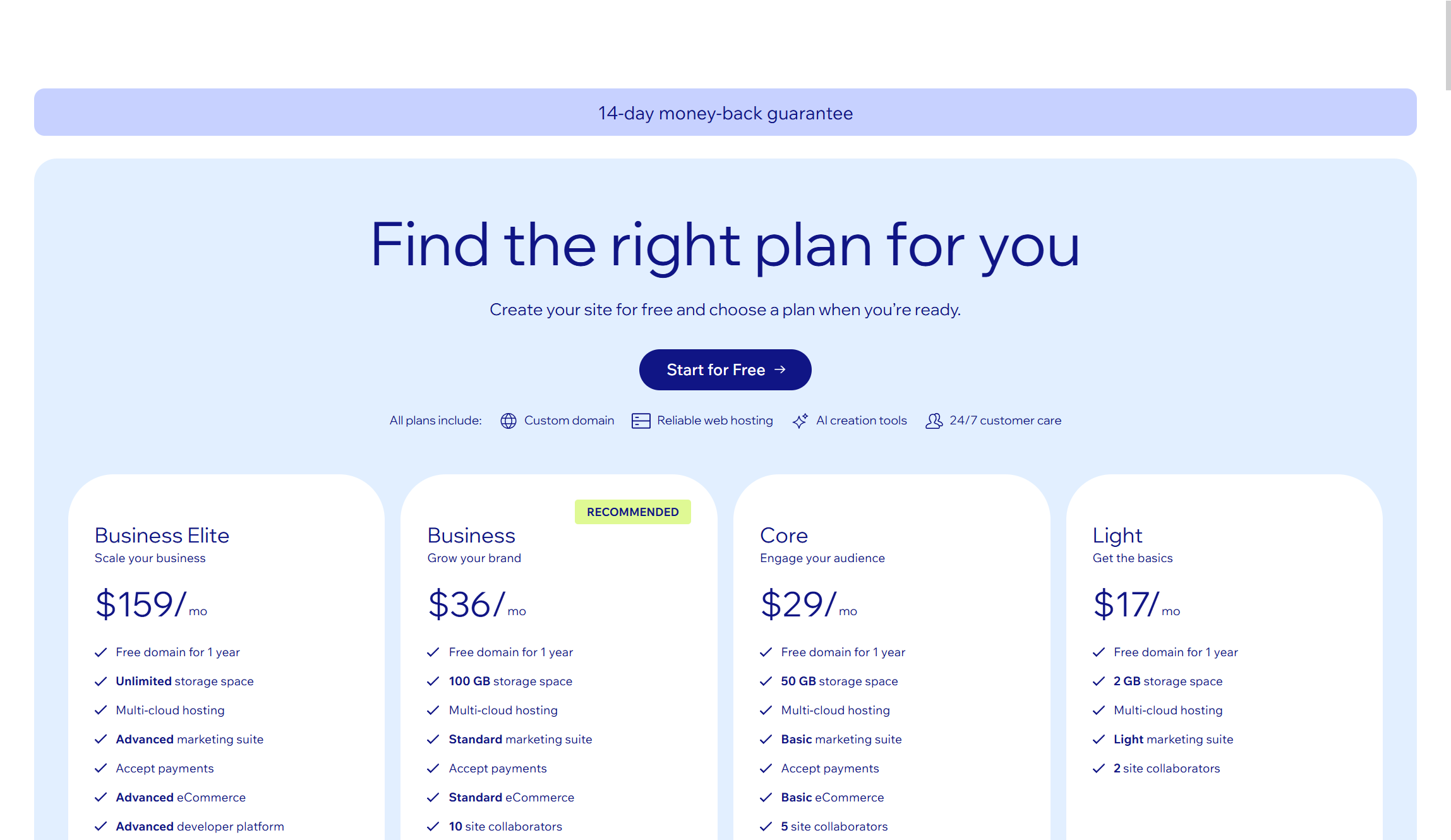
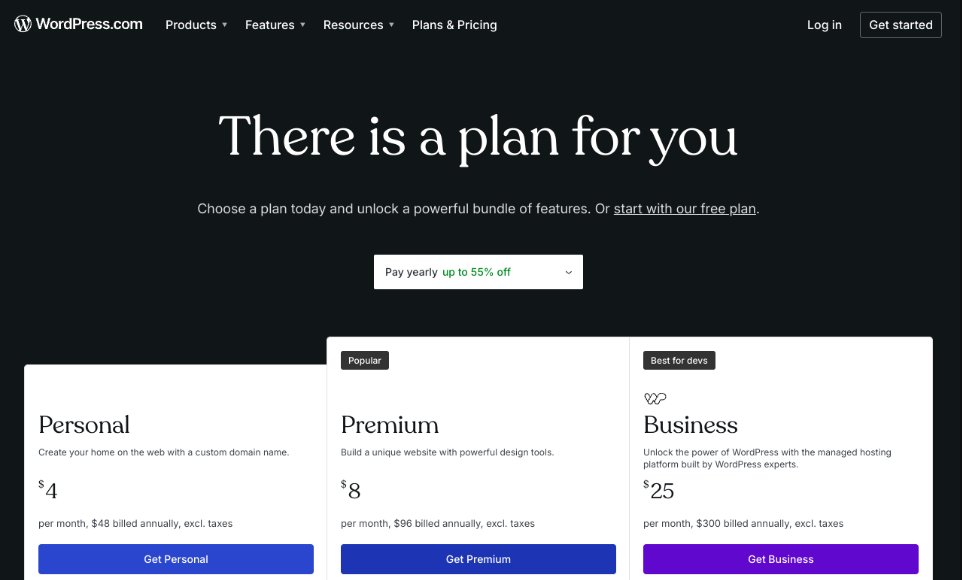
Wix has a simple pricing structure, with plans from $16 to $159 per month, billed annually. It offers Website Plans for non-eCommerce sites ($17-$29/month) and Business & Business Elite Plans for online stores ($27-$59/month). The Light plan ($17/month) suits most creative portfolios. It includes 2GB storage, a free domain for one year, and no Wix ads. The Business plan starts at $36/month and adds eCommerce features for selling digital or physical products. While there is a free plan, it has major limits like branded ads and no custom domain, making it best for testing.
Wix’s pricing covers everything needed for a website: hosting, a domain name (first year), security, support, and access to the Wix App Market. The Core plan ($29/month) allows 5 collaborators, offers 50GB storage, and includes basic marketing tools and eCommerce features. Higher-tier plans add perks like priority support, more storage (up to unlimited), and more collaborators (up to 15). The Business Elite plan at $159/month is best for those needing advanced tools and features.
WordPress pricing differs between WordPress.com (hosted) and WordPress.org (self-hosted). WordPress.com has tiered plans that start with a free option and go from $4/month for Premium to $45/month for Commerce. The Business plan at $25/month provides premium themes, plugins, customisation options, and Google Analytics — key features for creative professionals needing flexibility without server management.
WordPress.org is free software but requires payments for hosting, domain names, premium themes, and plugins. Basic hosting can start at $3.50/month with providers like Namecheap EasyWP, but good managed hosting usually costs $20-35/month with SiteGround, Kinsta, or WPEngine. Creative professionals may also need to budget for premium themes ($40-60 one-time fee), paid plugins, and developer help for custom features. This approach means WordPress.org costs can vary widely, from low to high, based on needs.
Verdict: Wix offers clear and all-inclusive pricing that makes budgeting easy for creative professionals. WordPress provides more cost flexibility but requires careful planning and may involve higher technical costs. Wix’s transparent pricing helps creatives anticipate expenses, valuing time savings over cost savings. WordPress can be cheaper for simple sites or more costly for complex ones, depending on hosting and add-ons. The choice boils down to whether professionals prefer the ease of an all-in-one solution (Wix) or the customization and cost flexibility of a modular setup (WordPress).
Verdict
Wix is user-friendly and offers a complete solution. It has strong visual design tools, good support, and clear pricing. This makes it great for those who want ease and speed instead of deep customisation. With its drag-and-drop interface and built-in features, creatives can quickly set up an online presence. It supports up to 50,000 products for eCommerce too.
On the other hand, WordPress provides unmatched flexibility and growth potential. Its wide range of themes and plugins allows for detailed control. You can choose between cloud-based and self-hosted versions of the platform, which is another major plus. This is ideal for those with specific technical needs or plans for significant expansion.
As you make your choice in 2025, think about your workflow and resources. Wix is great if you want fast visual creation, solid support, and a simple pricing model. Choose WordPress if you need extensive customisation, have technical skills, or require specific features that Wix doesn't offer. Both platforms have improved for creative professionals. Wix has added more advanced design tools, while WordPress has become easier to use with the new Gutenberg visual editor. The final decision ultimately depends on your creative workflow.

Thank you for reading 5 articles this month* Join now for unlimited access
Enjoy your first month for just £1 / $1 / €1
*Read 5 free articles per month without a subscription

Join now for unlimited access
Try first month for just £1 / $1 / €1

Ritoban Mukherjee is a tech and innovations journalist from West Bengal, India. He writes about creative software, from AI website builders, to image manipulation tools, to digital art generators, and beyond. He has also been published on Tom's Guide, Techradar, IT Pro, Gizmodo, Quartz, and Mental Floss.
You must confirm your public display name before commenting
Please logout and then login again, you will then be prompted to enter your display name.


